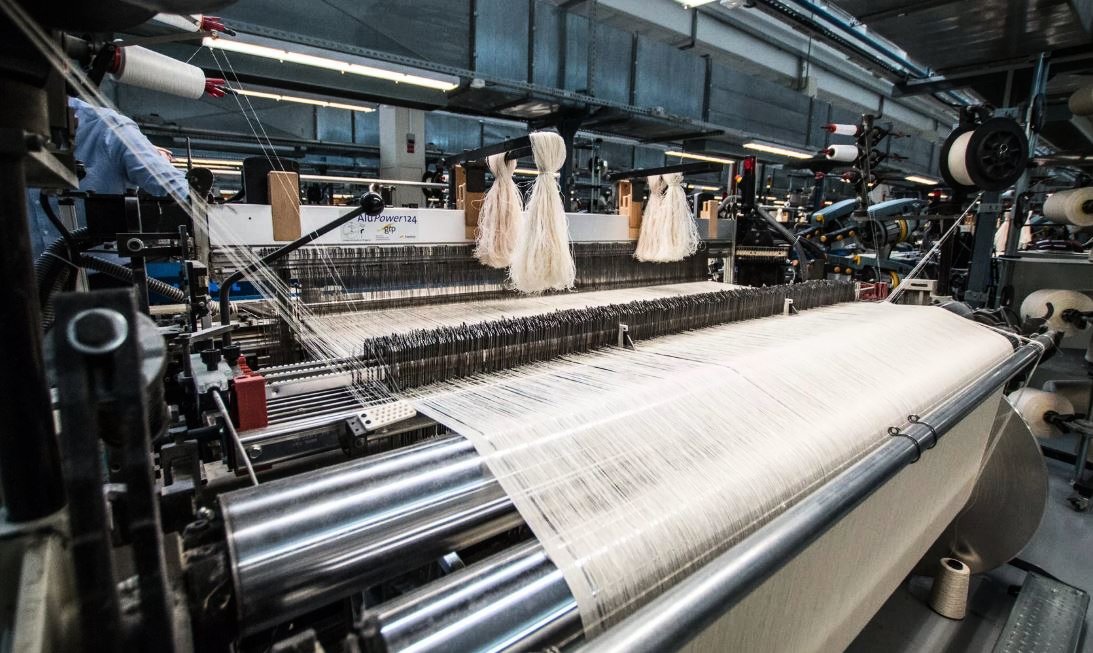Product Description
The petty
This Mutsumi Hinoura Petty knife is a small utility knife that is ideal for small, delicate work such as delicate produce and herbs, small fruits and vegetables. The utility knife is most of the time treated as a mini chef’s knife. It is good for cutting vegetables and meat that are too small for a chef’s knife. It works perfectly for cutting soft as well as hard veggies, from tomatoes to squash. It is also very useful when you want to prepare lettuce, cabbage, and sandwich meat.
Petty knives are the most commonly used knives in most home kitchens. Its incomparable sharpness is used for smaller precision tasks such as peeling, trimming, and slicing small fruits and vegetables as well as for handling bigger tasks such as a small chef’s knife.
The blade
The blade is made from shirogami with a carbon content between 1.05% and 1.15%, also known as White Steel #2. This is a very pure carbon steel, very popular among high end Japanese knives. The blade has a very good edge holding and very high working hardness. This means you can grind it to exceptional sharpness, which retains it for a long time. This steel is particularly suitable for the gentle preparation of foods but due to its high carbon content, it is prone to oxidation, which means your knife will rust if not taken care of (e.g. if left wet for longer).
The blade’s Kurochi finish is a traditional and rustic Japanese blacksmithing finish where the knife keeps the black scaly residue from the forging process. It gives the blade a rustic charm and character. This also means that no two blades’ patterns will ever be the same, making each Kurochi finish one of a kind.
The handle
The beautiful handles are made with extremely limited European maple burl dyed in a green and blue colour. The wood is dried for two years before it undergoes the process of stabilisation and colour dying. This ensures the wood is completely waterproof to avoid bacteria growth and is able to last generations.
The stabilised premium-cut maple burl is cut into the octagonal shaped ambidextrous handle, giving you a firm grip on the knife. Not only are the handles aesthetically pleasing, they are also light. This allows for maximum precision and more controlled movements during use.
Please note that no two handle colours or patterns are ever the same as the natural properties of each wood block are unique and will absorb the colour dye differently. This will give each knife a beautiful unique look.
The blacksmith
The Hinoura family is a well-known Japanese family of blacksmiths that have been making knives for over 120 years. After years of handcrafting knives, they have developed unique skills and knowledge, which have been passed from generation to generation.
Mutsumi Hinoura has been training and working with his father, master smith Tsukasa Hinoura, since 2001, in Sanjo. Hinoura’s unique bladesmithing techniques allow producing knives that will keep fine edges longer than any other knife on the market. His knives have good distal tapers and wide kiriba style bevels, and really wonderful heat treatments. He has a lot of experience with hunting and outdoor knives, and their kitchen knives carry some of the same qualities of toughness.
Maintenance
Shirogami #2 is very responsive to sharpening stones, taking an extremely fine, biting edge easily. As shirogami and iron are both reactive, keep these dry when not in use to avoid rust. Please remember that the core is not stainless and should be dried after use (check our maintenance tips here). The blade will develop a dark patina with normal use, but any orange rust should be removed with a light abrasive or sharpening.
Like most equipment, knives need a little love and care. You need to sharpen them regularly and depending on the type of steel, dry them immediately after use. These are 3 general rules you should follow:
- Don’t put your knife in a dishwasher.
- Store your knives either on the magnetic knife strip, knife stand, or sheathed in the utensil drawer.
- Don’t slide your knife, blade down, across the cutting board to clear away what you just chopped.





































